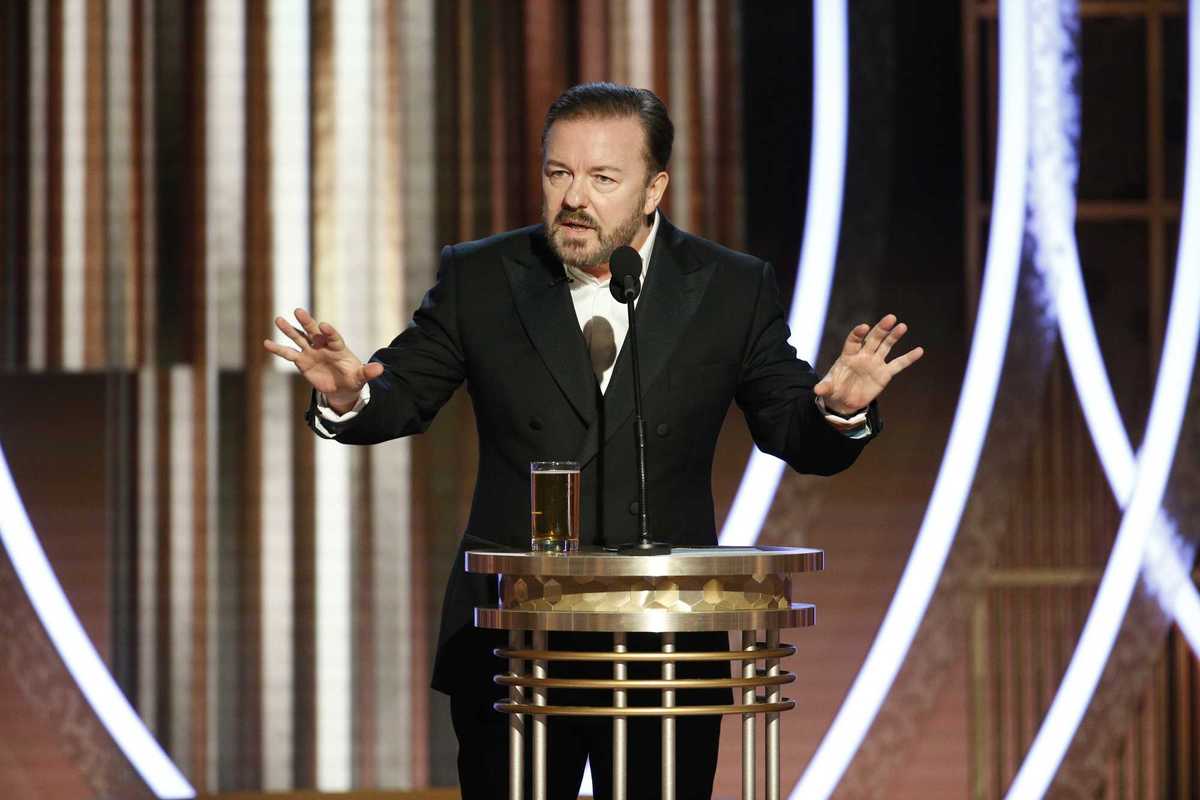Viral
Lily Puckett
Jun 16, 2021

Yes, we know the quality of this pic is awful, but it’s the best we could find. It’s an old commercial, ok?
YouTube/Coca Cola
Cristiano Ronaldo is being called out for making a big show of rejecting Coca Cola at Euro 2020 - after footage resurfaced of him advertising the beverage.
The football star made waves on Monday after removing two bottles of Coke from his table at a press conference, appearing to disapprove of the sugary drink. He instead reached for the unlabeled water in front of him, saying “agua” in a tone that implied the choice was clear for him.
The snub even appeared to wipe billions off the company’s value.
But the internet recalled, almost immediately, that the Portuguese soccer star actually used to love Coca Cola, or at least shill for it.
In a somewhat haunting ad from 2008, Ronaldo appears to play soccer as a can of Coke himself, running around in a closed fridge.
After health organizations and people who hate soda showered the star with praise for rejecting Coke, the ad, along with posed photos of Ronaldo holding the cans he plays, are being poked fun at.
And despite being known for a rigid, healthy diet, he also did an ad for KFC, owned by the same Yum Brands, in 2013. The ad only appeared in the Middle East, so maybe he thought people wouldn’t remember.
On Twitter, fans are joking that the advert money must have run out - or at least that the soccer star had a change of heart.
Endorsements, advertisements, and featured interviews are all considered crucial parts of major sports players’ careers, so a rejection of big brands, like Ronaldo’s press conference Coke trade out, makes waves.
Just a day after Ronaldo rejected the soda, French soccer player Paul Pogba did the same thing with a Heineken beer.
As players attempt to take back agency of their jobs, returning to more athletics that advertisements, fans and businesses alike are wondering if the scheme behind making professional sports such an endeavor is changing.
Top 100
The Conversation (0)













